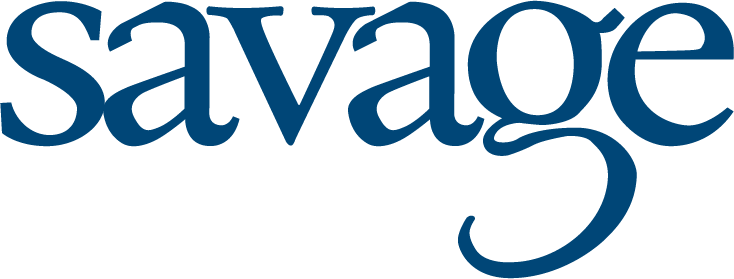
Rain can’t stop Savage and Associates’ staff, business associates, and area public officials from kicking off new headquarters construction.

From left to right: Mark Smigelski, Joel Tschantz, J.R. Toland, Russ Karban, Scott Walsh, and Kelly Savage break ground for the new headquarters.
Savage and Associates held a groundbreaking ceremony for its new headquarters on Tuesday, September 19th. Savage advisors, employees, representatives from NAI Harmon Group, local politicians, and the news media gathered on the site of the future headquarters. Government and business leaders spoke about the new building and why Savage and Associates’ continued presence in the community is so important to northwest Ohio.
U.S. Representative Bob Latta joined in to express that having successful businesses like Savage in the area is vital to the continued resurgence of the region. Maumee Mayor Rich Carr added that Savage’s commitment to the community over its 60-year history is what sets the business apart. He noted the Savage Foundation and the more than $1 million it has raised for charity in the community.
Ed Harmon, CEO NAI Harmon Group, spoke about how the partnership between NAI Harmon Group and Savage allowed the project to happen. J.R. Toland, President and CEO of Savage and Associates, wrapped up the festivities by speaking about the success of Savage and how the new building will allow our clients to continue to receive unparalleled service.
The new headquarters will be located between US 23 North and Arrowhead Road, just south of West Dussel Drive. Savage’s 55 advisors and 45 employees are expected to move into the new building in Fall 2018.
Follow along on Facebook and SavageAndAssociates.com for construction updates in the coming months!


